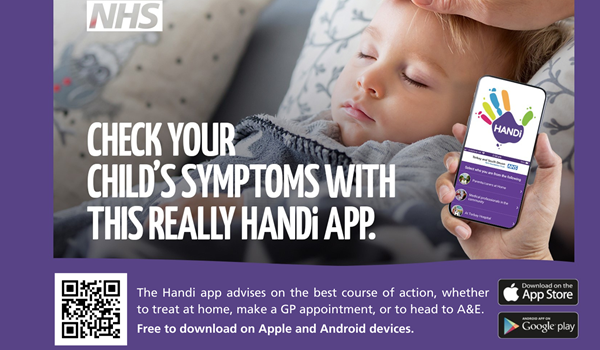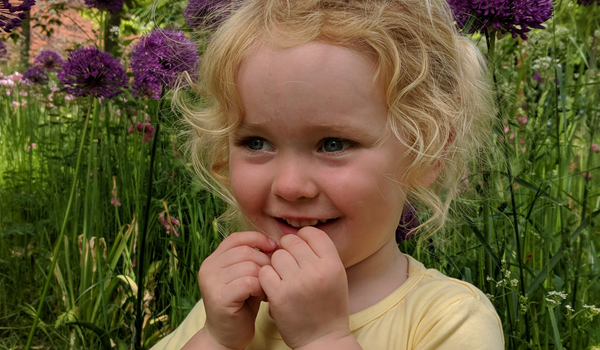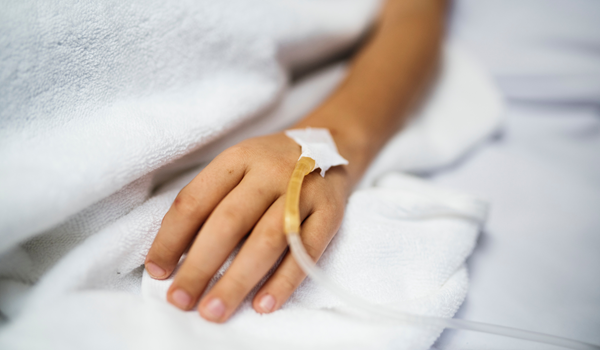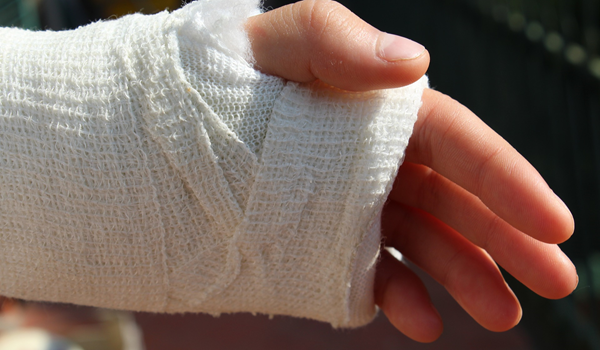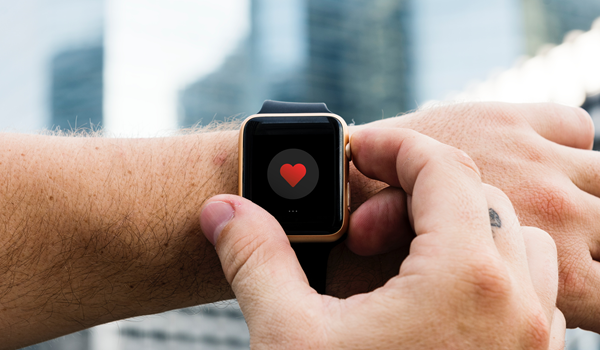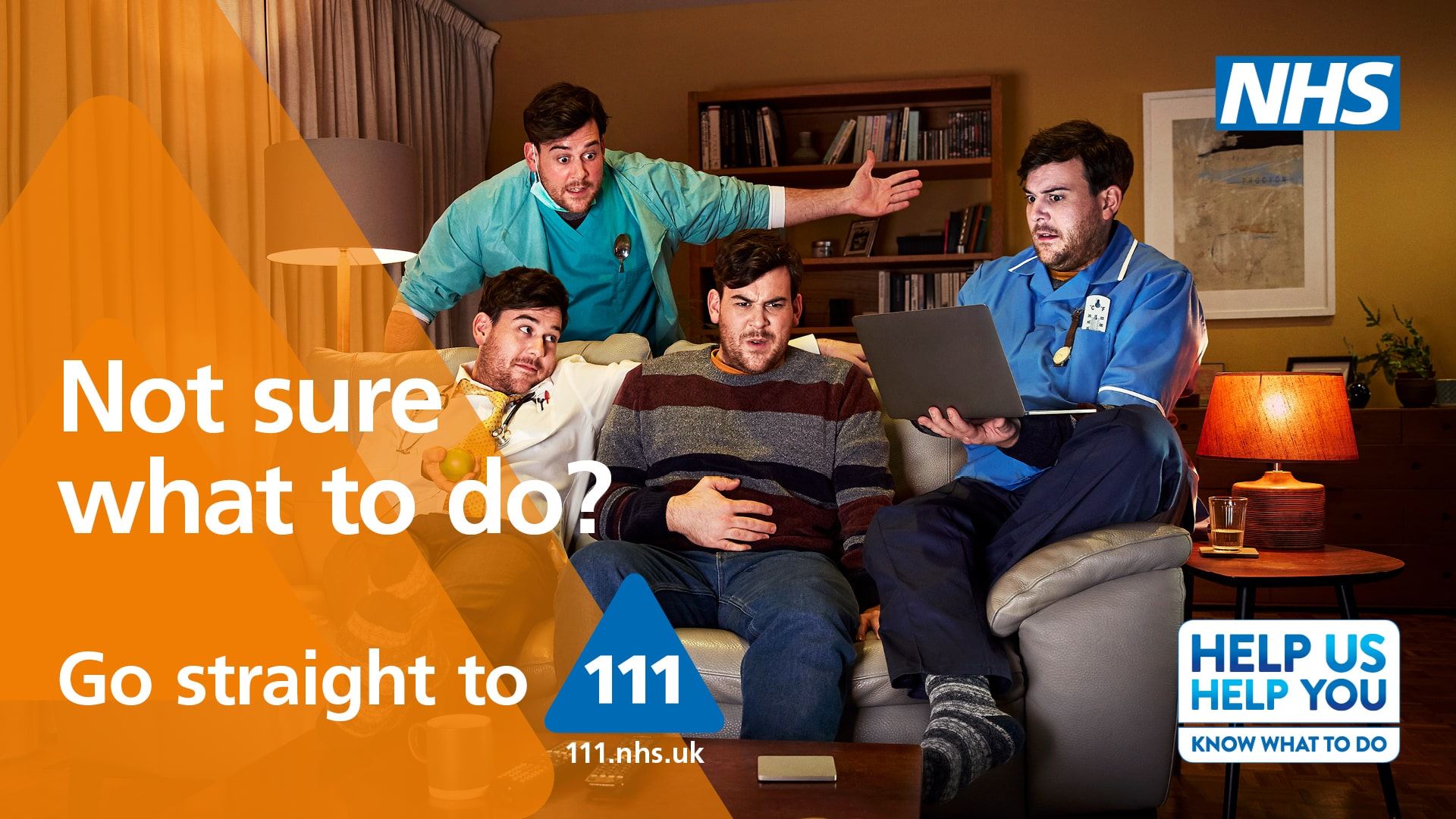Health Advice (Scroll down for more)
For Carers
People who have regular caring responsibilities need time to de-stress and recharge- a change in scenery can often help both the carer and the person they are looking after.
Anyone looking for local options for a carer's break can see what’s available by going to a new break directory here.
Carers will find practical, supportive ideas to suit different needs.
Medications for Flying
Taking your prescription on your flight
Please follow the below steps if you are on regular medication and plan to go abroad:
Two months before your flight, please contact Grange Road Surgery and let them know how long you are going away for. You can find a list of your regular medication on the NHS app. If you need a signed GP letter stating what medication you are on, please let reception know - this may come with a charge.
Whilst travelling, carry your medication in their original labelled boxes. The advice is to carry these in your hand luggage, as well as spares in your hold luggage in case of loss/damages.
Liquid medications - if you are on medication in a bottle that exceeds 100mls, some airports may require a specific document to prove the liquid form of the medication is necessary.
If you need to travel with needles or syringes for your medication, you will need to carry the relevant medication alongside the equipment. You will not be able to travel with needles and syringes only.
If you are travelling to a warm country, get advice from the pharmacy on how to store your medication or see website for more information.
The country you are travelling to may have restrictions on the medications that they allow into the country. You will want to contact the embassy of the country you are travelling to in order to confirm the regulations. If any medications you are taking are controlled drugs then you will need to contact the relevant embassy before you travel.
Use of Benzodiazepines (and related medications) for flying
Grange Road Surgery policy states that the surgery will no longer be prescribing Diazepam or related medications for flying.
In the UK, Diazepam is a Class C/Schedule IV controlled drug. People often request the doctor or nurse to prescribe diazepam for fear of flying or to assist with sleep during flights. Diazepam is a sedative, making you sleepy and more relaxed. Your doctor follows the National prescribing guidelines (British National Formulary) which states that “the use of benzodiazepines to treat short-term ‘mild’ anxiety is inappropriate” and that diazepam is contraindicated (not allowed) for treating phobias (fears).
Your doctor would be taking a significant legal risk by prescribing against these guidelines. They are only licensed short term for a crisis in generalised anxiety. If this is the case, you should be getting proper care and support for your mental health and not going on a flight.
Fear of flying in isolation is not a generalised anxiety disorder.
In the rare occurrence that there is an emergency on the plane, the concern is that Diazepam can reduce your awareness and reaction time, which poses a significant risk to yourselves and others.
Diazepam and other sedative drugs can make you fall asleep, but this is an unnatural non-REM sleep, and therefore you will not move around as much as normal. This can increase your risk of developing a blood clot (Deep Vain Thrombosis - DVT) in the leg or the lung, which can be dangerous or fatal.
In some countries, Diazepam and similar controlled drugs are illegal and they may be confiscated or you may find yourself in trouble with the police.
With regards to travel insurance, it is important to declare all medical conditions and medications you take to your travel insurer. If not, there is a risk of nullifying any insurance policy you may have.
Given all of the above we will no longer be providing Diazepam or similar drugs for flight anxiety and instead suggest the below aviation industry recommended flight anxiety courses.
Flight anxiety does not come under the remit of General Medical Services as defined in the GP contract and so we are not obliged to prescribe for this. Patients who still wish to take benzodiazepines for flight anxiety are advised to consult with a private GP.
For further information:
https://thefearofflying.com/programs/fly-and-be-calm/
https://www.fearlessflyer.easyjet.com/
https://www.britishairways.com/en-gb/information/travel-assistance/flying-with-confidence
https://www.flyingwithoutfear.com/
Women's Health
Women experience unique health and wellbeing needs throughout their lives—such as periods, pregnancy, menopause, and hormonal changes—that can affect both their physical and mental health.
Taking care of women’s health properly helps individuals feel better, live longer, and stay active in their families, workplaces, and communities.
Issues like periods, contraception, pregnancy, fertility, and menopause aren’t just "women’s issues"—they’re key aspects of overall health. Without the right support, these can impact energy levels, confidence, and quality of life. Access to good care brings more choice, less stress, and healthier lives.
You can find local women’s health resources on the WellAware website:
The direct link is https://www.wellaware.org.uk/info-resources/womens-health-resources/
From the WellAware home page you can navigate to it from the RESOURCES drop down menu.
These pages include links to reliable information, and signpost services and support available in Bristol and South Gloucestershire. National services are also included where possible. This website also offers links to translated material in several community languages and British Sign Language.
While we use the term "women," we recognise that trans men, non-binary, intersex, and gender-expansive people may also find this information relevant and helpful.
***New women’s health podcast***
BCfm, in partnership with the ICB, has launched Real Women Talk Health, a six-part podcast offering clear, jargon-free advice on women’s health.
Each short episode tackles a different subject – menopause, periods, cervical screening, contraception, pelvic health and sexual health – and features local clinicians having open, informative conversations.
The podcasts are free to listen to on all major podcast platforms, including Spotify, Apple and Amazon, as well as on the BCfm website and the ICB YouTube channel.
Urgent advice: Mental Health Resources
Our Team
Our specialist mental health nurses are available to work with patients to better manage their mental health issues, and signpost to local activities and resources which can support their recovery. Please contact reception or speak with your GP to book an initial appointment.
Our Social Prescribing Link Worker is there to listen to you and put you in touch with the people and activities that might help you to feel better. Social Prescribing can help you to have more control over your own health and find ways to improve how you feel in a way that suits you. For example, that might be connecting you to a community group to meet more people or an advice service to support you with your bills.
If you would like an appointment with a social prescriber, please speak with your GP or mental health nurse specialist. Alternatively, you can self-refer through the link below.
Social Prescribing Service – KWHLC (knowlewesthealthpark.co.uk)
Self-help and NHS talking therapies
To self-manage or self-refer to NHS talking therapies, follow the links below:
NHS Mental Health: Mental health - NHS (www.nhs.uk)
Vitaminds for NHS talking therapies: NHS Talking Therapies - North Somerset & South Gloucestershire (vitahealthgroup.co.uk)
NHS Self Help Leaflets: Self Help Leaflets - Cumbria, Northumberland, Tyne and Wear NHS Foundation Trust (ntw.nhs.uk)
5 Ways to Wellbeing: 5 Ways to Wellbeing | Mind - Mind
Local activities/ resources
Mothers for Mothers: Mothers for Mothers | Postnatal mental health support
Changes support groups: Home - Changes Bristol
Andy’s Man club: Andy's Man Club | #ITSOKAYTOTALK | Andy's Man Club (andysmanclub.co.uk)
Heart of BS13: Heart of BS13 | Charitable Organisation in Bristol
The Gate House Centre: HWV @ The Gatehouse - Employment Enterprise Education
Zion: Home - Zion Bristol
The Withywood Centre: Function Rooms | The Withywood Centre | England
South Bristol Advice Service (welfare benefits and debt advice): SBAS - Free information in welfare benefits and debt. (southbristoladvice.org.uk)
Carpenter’s foodbank (GP referral needed): Carpenters Foodbank: Part of the Community, Supporting the Community — Bristol Churches City Fund (BCCF)
Richmond fellowship (IPS employement support): Richmond Fellowship | Mental Health Charity Making Recovery Reality
Young People (including SEND)
Off the Record: Home - OTR (otrbristol.org.uk)
Kooth: Home - Kooth
Bristol Family Hubs: https://www.bristol.gov.uk/bristol-family-hubs
Happy Maps Hub for Mental Health Resources: https://www.happymaps.co.uk/
Sirona Children's Services Hub: https://sirona-cic.org.uk/children-services/child-sort/
MH directory: https://tinyurl.com/4vtpsxwa
Crisis
If you are in a crisis (you need urgent help), you can contact any of the organisations below for mental health support.
AWP 24/7 Response line: 0800 953 1919. Staffed by mental health professionals (emotional support, advice and signposting)
111 Get 24 hour advice and support. For anyone, any age.
The Sanctuary https://tinyurl.com/yckn9a2m (Southmead Thurs-Mon evenings):
A safe space to go for mental health support.
To access a same day in person or telephone session at the Sanctuary please phone 07709 295 661 from 6pm Thurs- Mon.
MIND: Mindline Helpline 01172034419
A confidential helpline providing a safe place to talk if you, or someone you know, is in distress.
We are open every week Wednesday to Sunday from 7pm to 11pm.
Samaritans: 116 123
A listening service for anyone in distress.
SHOUT: (text support) 85258
Emotional support via text in times of crisis
Stay Alive App: https://tinyurl.com/2c9u84fn
This app is a pocket suicide prevention resource packed full of useful information and tools to help you stay safe in crisis.
Call 999 or go to A&E now if:
HANDi App
The NHS HANDi App, a free resource for parents and carers looking after young children, has recently added a head injuries pathway. The pathway gives advice on what to do if a child bumps their head, including the red flags for when to attend emergency departments.
https://www.youtube.com/watch?v=wwsh4zM2ypg&t=2s
For more information, please visit:
https://bnssg.icb.nhs.uk/health-and-care/health-advice-and-support/handi-app/
Get U Better app
The getUBetter app is provided free of charge by BNSSG CCG for patients registered at Grange Road Surgery. It can be accessed on a Smartphone or on the Web and guides you day-by-day through a sequence of exercises and tips to help you get better from a range of new or recurrent conditions:
• Lower back pain
• Back and leg pain
• Neck Pain
• Shoulder Pain
• Ankle, Knee or Hip Pain
• Knee Pain
• Soft Tissue Lower Limb
You will be referred to the App by one of our GPs or Physio, or you can self-register by clicking on this link or the App image
Please use an email address that is unique to you and select the condition you need help to manage. You will then be sent an email with all the information you need to get started.
You can download the getUBetter App to your Smartphone for easiest access or use the Webapp
If you develop another condition register again with the same email address, select your new condition and it will be added to your account.
The app will also connect you to your local; treatment, healthcare providers or support services if needed like Physiotherapy.
https://app.getubetter.com/request-access/1/0336dcbab05b9d5ad24f4333c7658a0e
NHS 111
111 online is a fast and convenient alternative to the 111 phone service and provides an option for people who want to access 111 digitally.
Your needs will be assessed and you will be given advice about whether you need:
- Treat yourself at home
- Go to a Primary Care Centre
If you need face to face medical attention you may be asked to attend a Primary Care Centre.
Click here to access NHS 111 online or call 111 to speak to a staff member.
Page created: 25 May 2021

